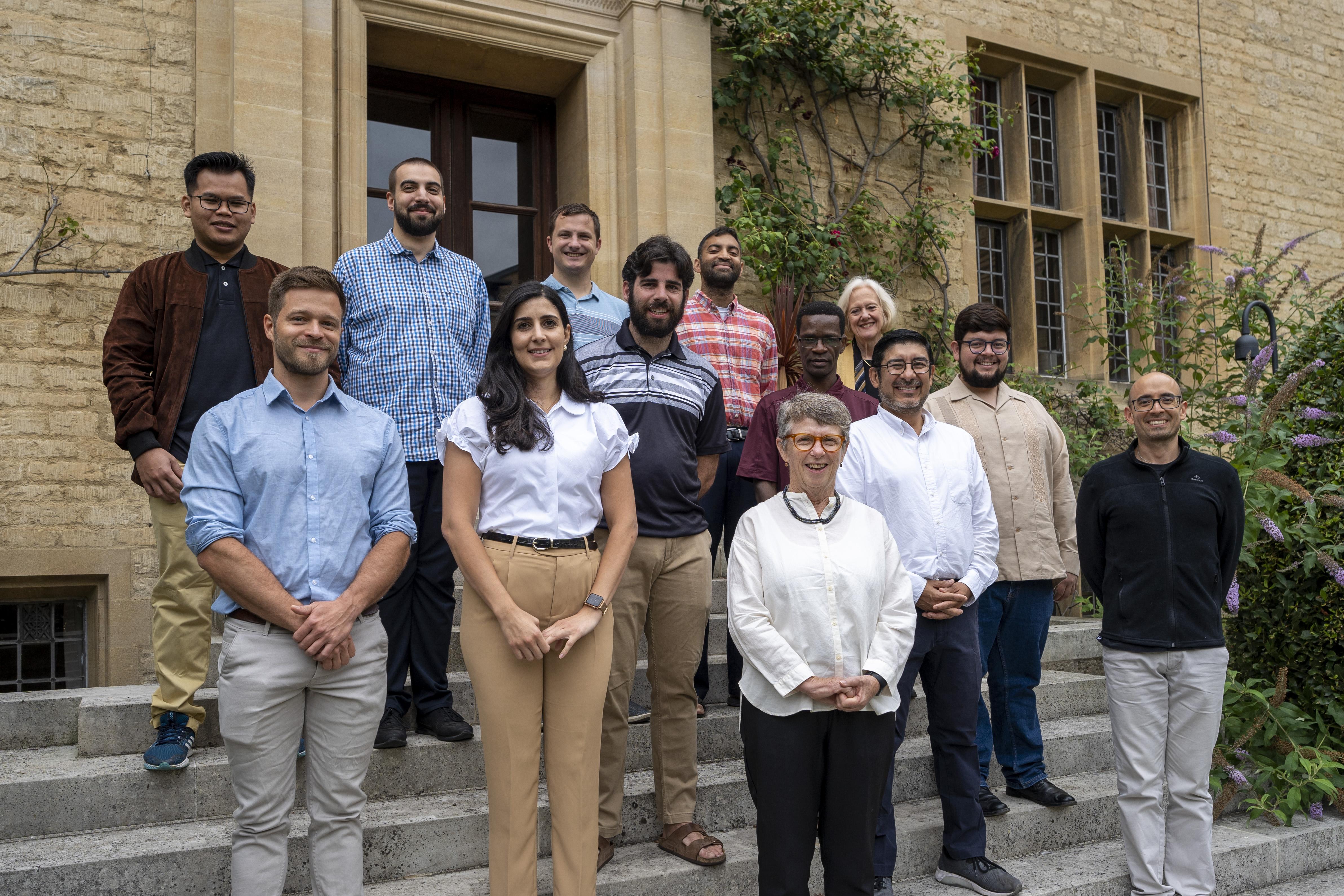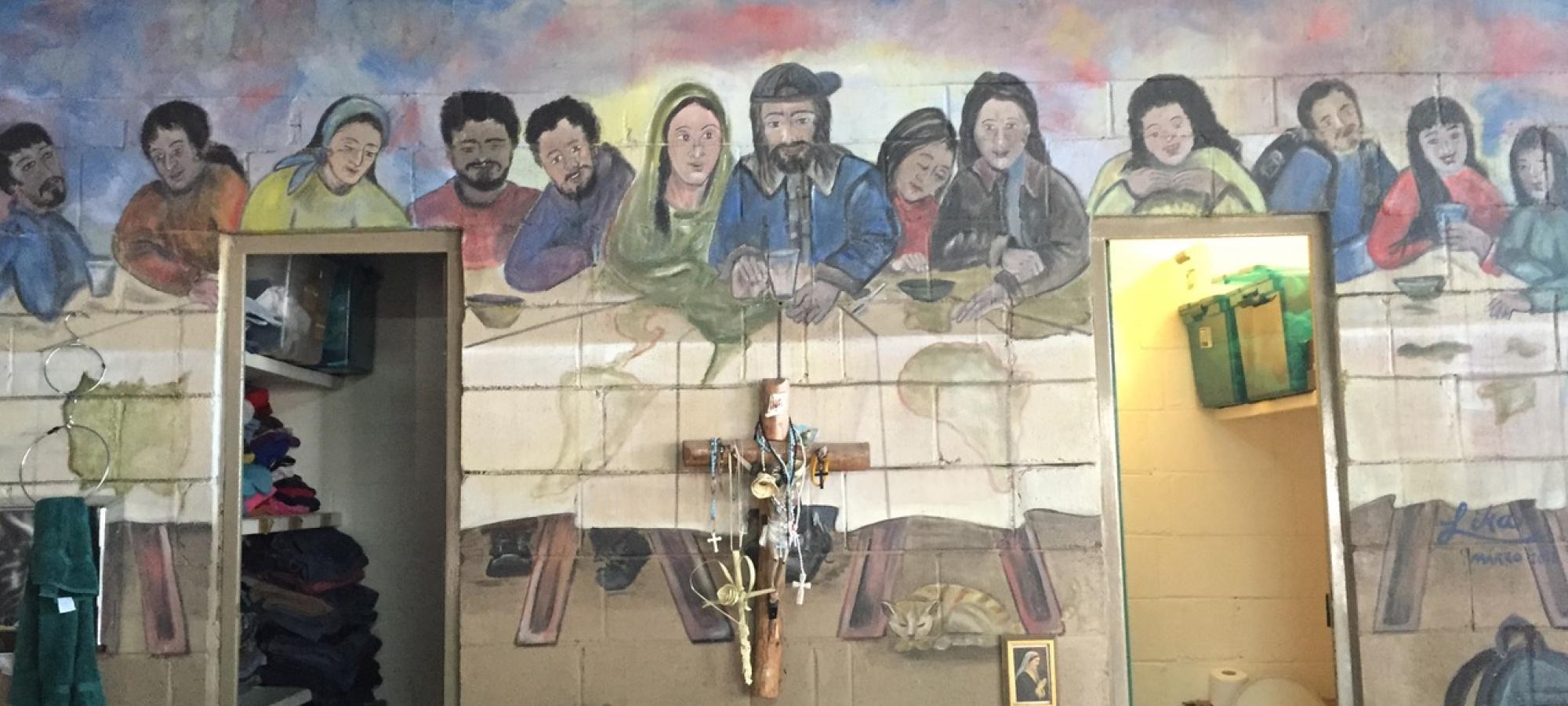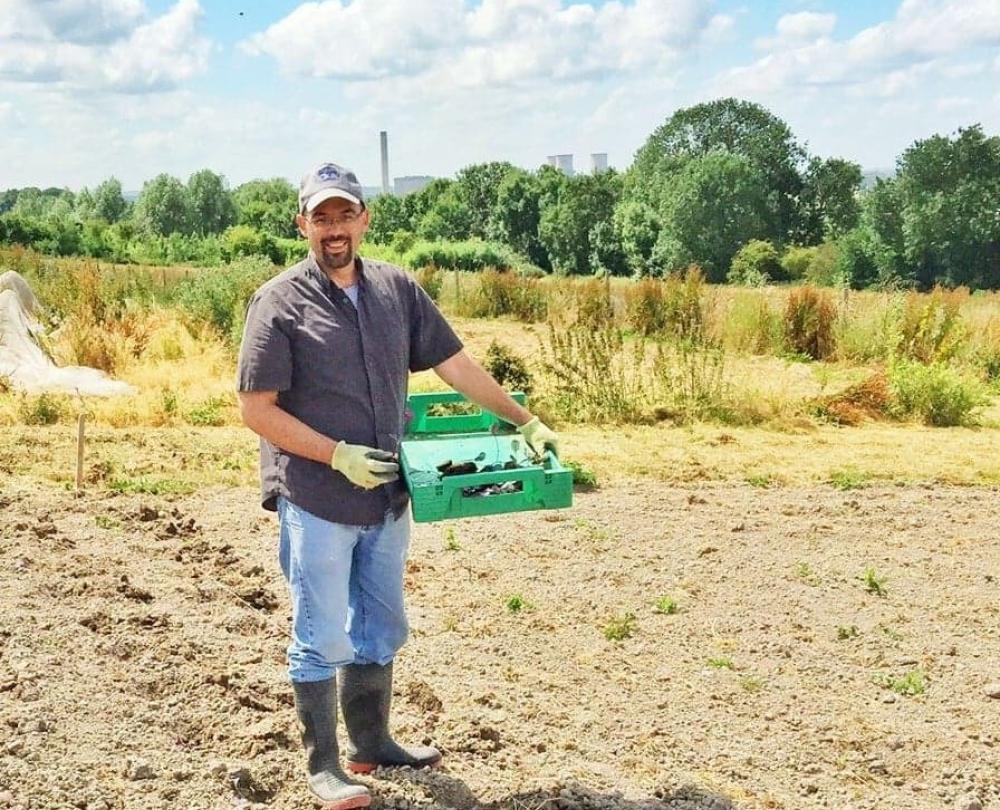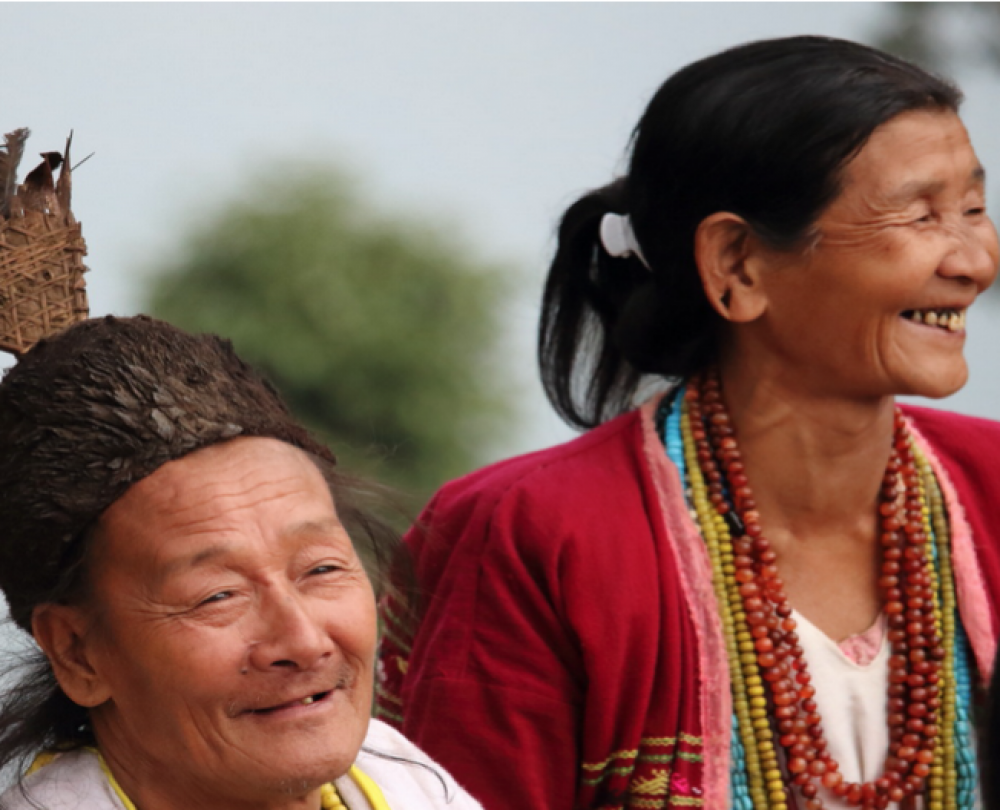Migration is not a Problem: We Must Learn to Accompany People on the Move
"Migration is not a problem, but a part of a larger process of social transformation."
This idea is one of the first things Alejandro Olayo-Méndez learned during his studies at the University of Oxford, and has become a core approach in his teaching and research on migration. The concept proposes that human mobility is not a problem. People have been on the move throughout the ages and will continue to do so. Problems arise, however, when people move in ways that put them in vulnerable positions or when people's agency in deciding to move is constrained.
Accompanying migrants and refugees has been an apostolic priority of the Society of Jesus (the Jesuits) for a long time. The Jesuit Refugee Service, the Jesuit Network with Migrants, and the many Parish Centres working with migrants and refugees are a testament to this. The ethos of these works emphasises the need to accompany, serve, and advocate for migrants and refugees worldwide. Their work asks us to recognise migrants and refugees not as numbers, statistics, or strangers but as people with whom we can build a future together.
Recognising himself as an immigrant in another country (Alejandro is an immigrant in the United States) and his experiences as a social worker accompanying immigrant women in South Chicago sparked his interest in migration studies. At the same time, he recognised that arriving in a new country could present many challenges. Advocating and accompanying migrants and refugees effectively requires closing the gap between migration policies and people's lived experiences in mobility contexts and developing better interventions that consider their participation in their empowerment process. Doing so requires a better understanding of the different dynamics that emerge and sustain migration.
At the University of Oxford, Alejandro worked at the International Development Department under the supervision of Dr. Agnieszka Kubal, Dr. Hein de Haas, and Dr. Alexander Betts. In his training as a researcher, he learned to see that "Migration is not a problem, but a part of a larger process of social transformation." He read about many different perspectives and issues related to migration that expanded his understanding of the phenomenon. His time at Oxford and Campion Hall gave him a framework to approach the field with critical eyes while being conscious of the meaning and challenges of working with migrants and refugees in contested environments.
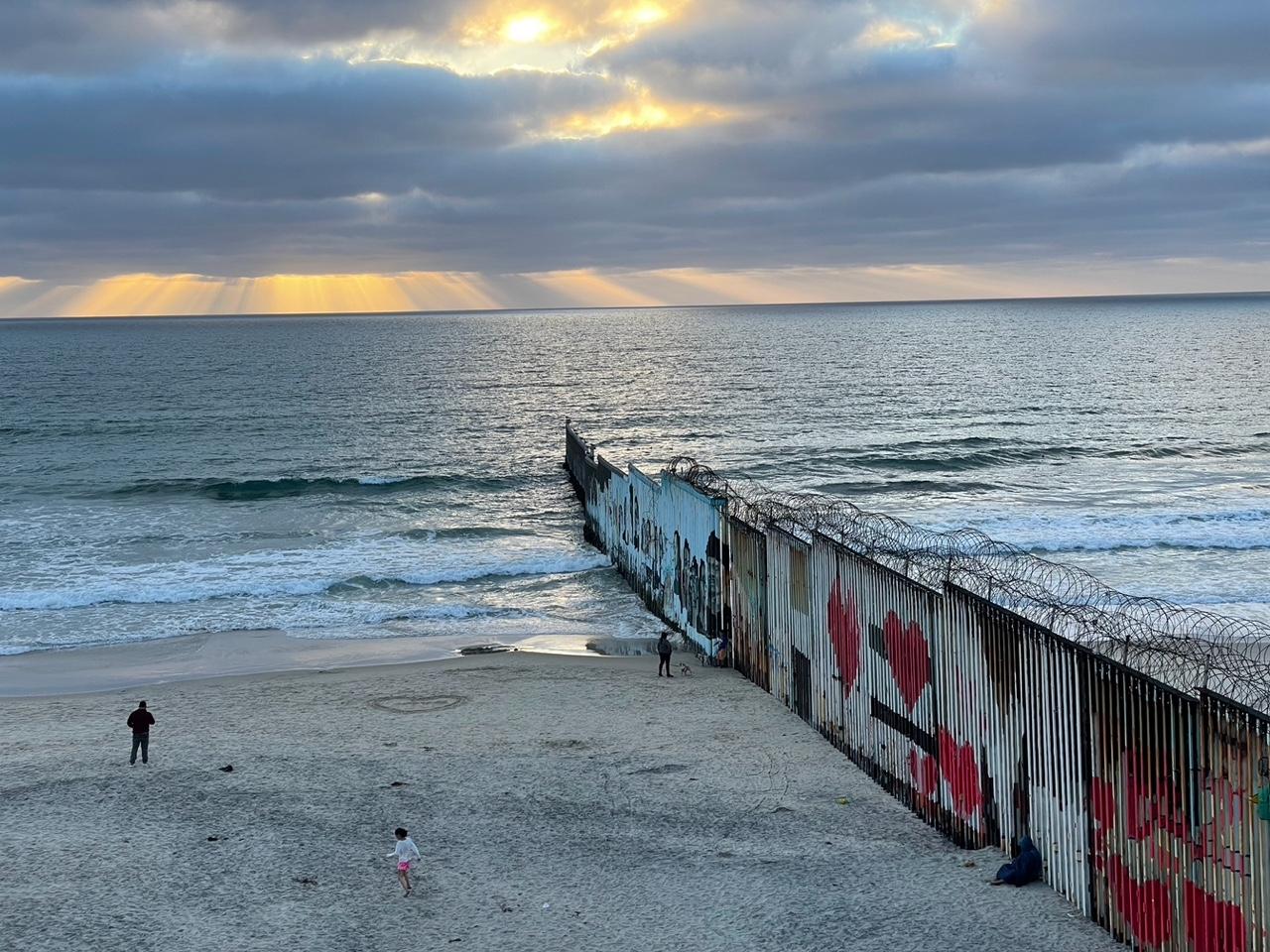
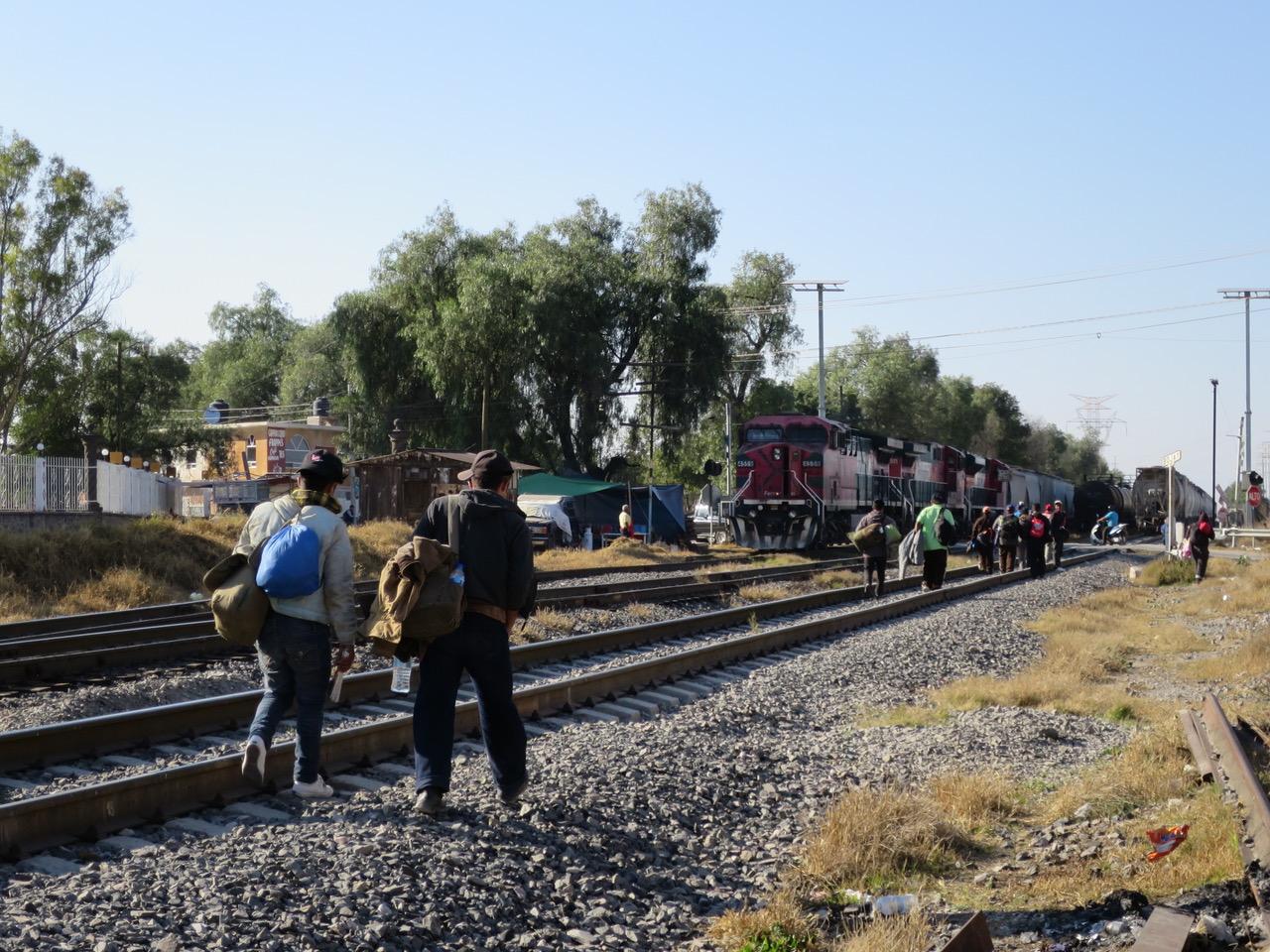
Alejandro’s research led him to Mexico to inquire about the role of migrant shelters along migration routes and document migrants' experiences and those of humanitarian workers. He travelled through migrant routes in Mexico, lived in migrant shelters, and spent many hours listening to migrants' stories and humanitarian workers' challenges as he tried to understand the role of migrant shelters in the migration system. He learned how local communities address the vulnerability of migrants and refugees that pass through different towns en route to their destinations. Often, Alejandro was amazed by the generosity of humanitarian workers, as he was by their creativity and flexibility. At the same time, he saw how sometimes the places that may offer welfare also became places of containment in the humanitarian ecosystem in Mexico.
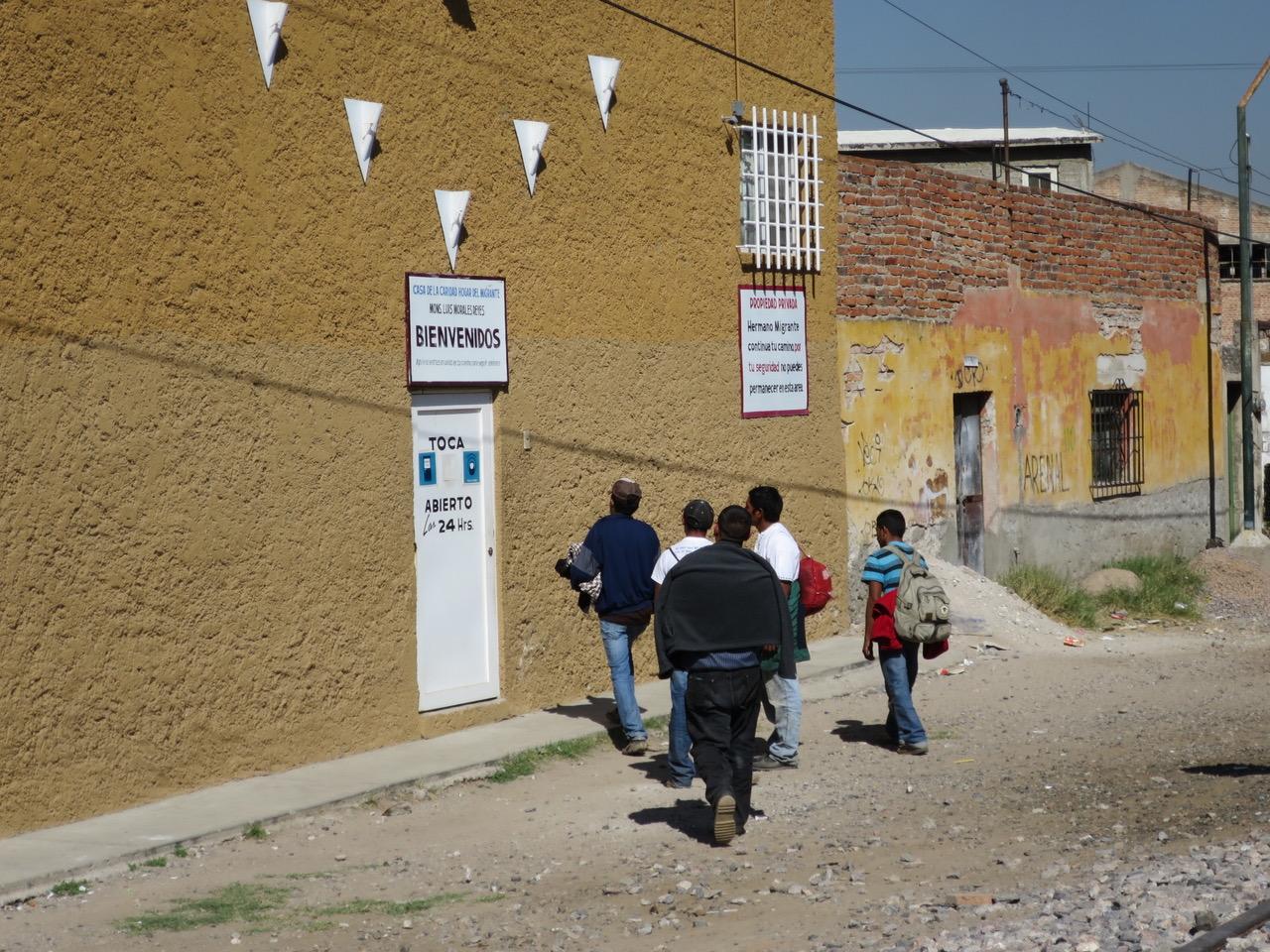
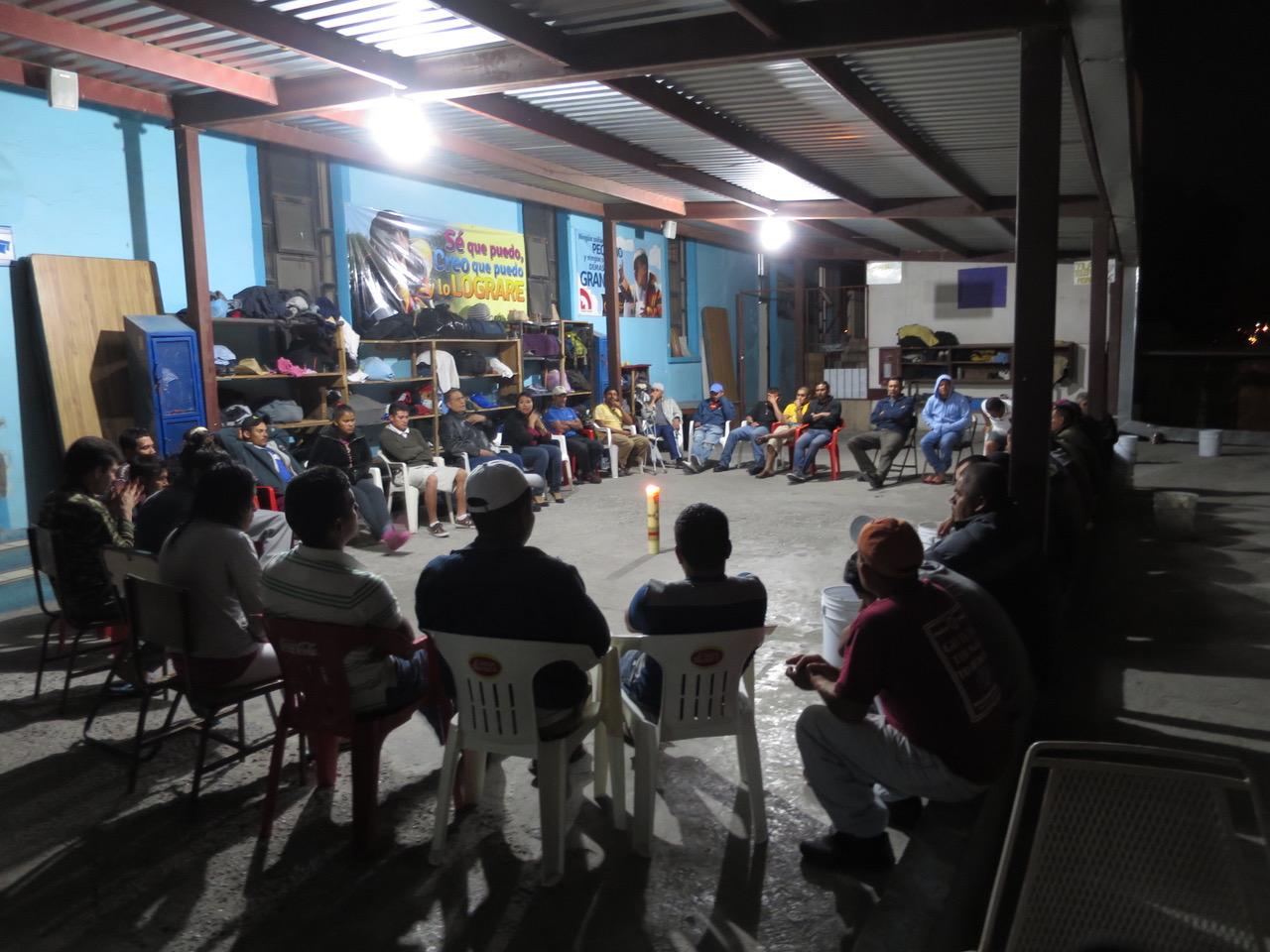
Alejandro’s interactions during those two years in the field became a landmark in his life. As someone once said, "I am who I am because I have walked among you". For him, that has certainly been his experience: migrants, refugees, and humanitarian workers have shaped who he is. Most importantly, he acquired a more profound insight that migrants are not merely numbers or statistics that constitute migratory systems. Migrants are people with dreams, hopes, challenges, desires, and an uncanny ability to face and overcome adversity.
After his time at the University of Oxford and Campion Hall, Alejandro went on to teach at the Boston College School of Social Work (BCSSW), where he has taught courses on migration, refugees, and humanitarian issues. His research has since moved to explore the integration practices of migrants and refugees in Latin America and to investigate the educational needs of children stranded in migration and the border between Mexico and the United States.
Alejandro’s interest in migration has also led him to develop courses aimed at educating students regarding the intersection of migration politics and social work and fostering the need to use interdisciplinary approaches to understand migration better. His research inquiring about the role of humanitarian organisations in migration contexts led him to recognise and discover gaps in their staff's training. Thus, along with some colleagues at BCSSW, he developed an Interdisciplinary Certificate in Humanitarian Assistance (ICHA) to provide foundational knowledge on different perspectives on migration. The certificate covered topics related to refugee determination, international child protection, mental health and psychosocial practices, education in emergencies, climate change and human rights, and public health.
This past summer, along with Dr. Maryanne Loughry, Associate Director of the Jesuit Refugee Service in Australia, Alejandro led the inaugural Pedro Arrupe Summer School in Forced Migration, collaborating with Campion Hall, the Jesuit Refugee Service, and Boston College. This collaboration aimed to form Jesuit scholastics working in the field or whose future mission will be related to migrants and refugees. Ultimately, all these activities and projects aim to build the capacity to work with migrants and refugees. The more we prepare those working in migration and forced migration, the better migrants and refugees will benefit.
